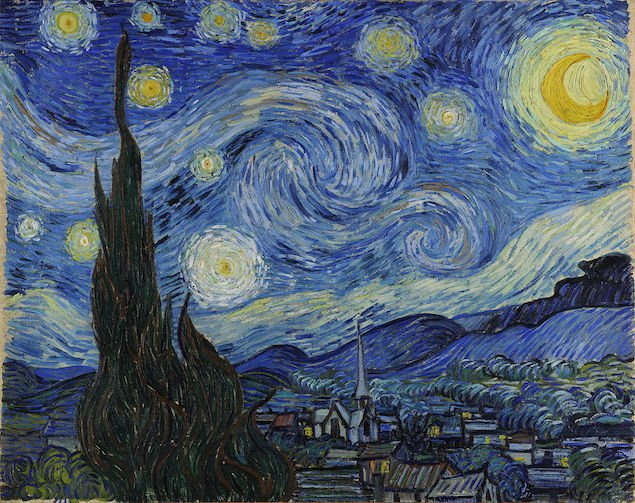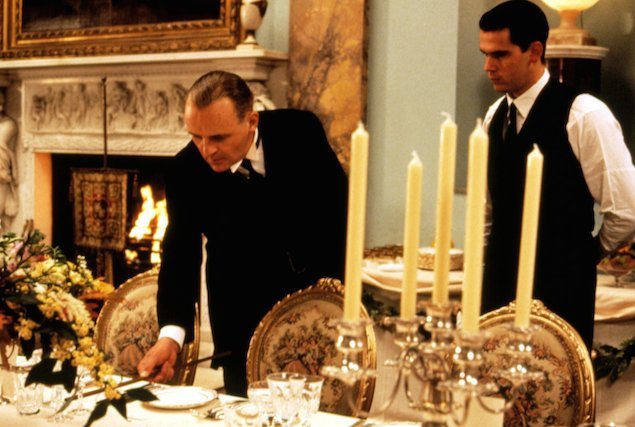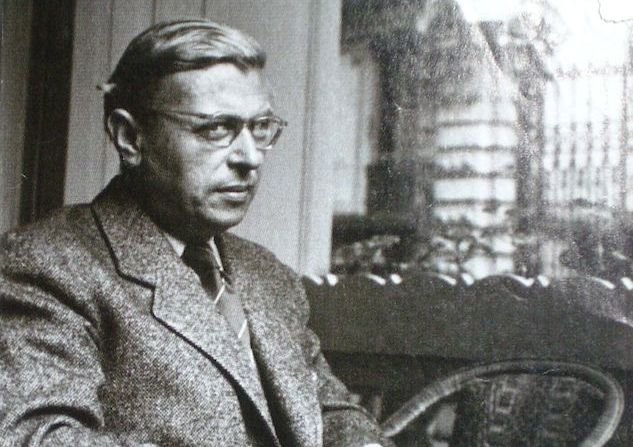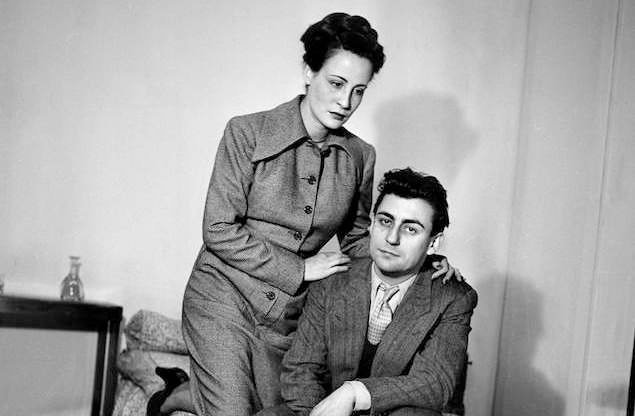...Jean-Paul Sartre ...
Jean-Paul Sartre was born in 1905. His dad, a naval force skipper, kicked the bucket when he was a child – and he grew up incredibly near his mom until she remarried, sadly, when he was twelve. Sartre consumed a large portion of his time on earth in Paris, where he regularly went to bistros on the Left Bank and sat on seats in the Jardin du Luxembourg. He had a strabismus, a meandering eye, and wore particular, overwhelming glasses. He was granted the 1964 Nobel Prize for writing, however declined it in light of the fact that the honor was entrepreneur and average. He was extremely short (five feet three inches) and every now and again depicted himself as appalling. He wore his hair energetically swept back. When he passed on in 1980 (matured 74), 50,000 individuals went with his pine box through the boulevards of Paris.
Sartre ended up acclaimed as the key figure in the philosophical development known as Existentialism. He made reasoning and logic captivating. He composed a thick, difficult to-pursue book called Being and Nothingness, which upgraded his notoriety less on the grounds that individuals could comprehend his thoughts but since they couldn't exactly. Sartre was the recipient of a longing, which wound up boundless in the second 50% of the twentieth century, to venerate books for the secret they seemed to contact, instead of for the clearness of their cases.
Existentialism was worked around various key experiences:
One: Things are more abnormal than we might suspect Sartre is intensely mindful to minutes when the world uncovers itself as far more unusual and more uncanny than we regularly concede; minutes when the rationale we attribute to it everyday winds up inaccessible, appearing at be very unexpected and even preposterous and alarming. Sartre's first novel – Nausea, distributed in 1938 – is brimming with inspirations of such minutes. At a certain point, the legend, Roquentin, a 30-year-old essayist living in an anecdotal French shoreline town, is on a cable car. He puts his hand on the seat, yet then pulls it back quickly. Rather than being the most fundamental and evident bit of plan, hardly worth a minute's notice, the seat instantly strikes him as profoundly odd; the word 'situate' comes free from its moorings, the article it alludes to sparkles forward in the entirety of its primordial peculiarity, as though he's never observed one – and its material and slight swell makes him think about the frightful enlarged stomach of a dead jackass. Roquentin needs to drive himself to recollect that this thing adjacent to him is something for individuals to sit on. For an unnerving minute, Roquentin has looked into what Sartre calls the 'silliness of the world.'
Such a minute goes to the core of Sartre's rationality. To be Sartrean is to know about presence as it is the point at which it has been deprived of any of the biases and balancing out suppositions loaned to us by our everyday schedules. We can experiment with a Sartrean point of view on numerous parts of our own lives. Consider what you know as 'the night dinner with your accomplice'. Under such a portrayal, everything appears to be genuinely consistent, yet a Sartrean would strip away the surface ordinariness to demonstrate the extreme oddness hiding underneath. Supper truly implies that when your piece of the planet has spun far from the vitality of a far off hydrogen and helium blast, you slide your knees under segments of a cleaved up tree and put areas of dead creatures and plants in your mouth and bite, while alongside you, another well evolved creature whose private parts you here and there contact is doing likewise. Or then again think about your activity through Sartrean eyes: you and numerous others swathe your bodies in fabric and gather in a vast box where you make upset sounds at each other; you press numerous plastic catches with extraordinary rate in return for bits of paper. At that point you unpredictable away. Whenever the sky gets light, you return. Two: We are free These bizarre minutes are surely perplexing and rather unnerving, yet Sartre needs to attract our thoughtfulness regarding them for one focal reason: as a result of their freeing measurements. Life is significantly odder than we might suspect (setting off to the workplace, eating with a companion, visiting our folks – none of this is evident or remotely ordinary), but on the other hand it's as an outcome far more extravagant in conceivable outcomes.
Things don't need to be an incredible way they are. We're more liberated than we enable ourselves to envision in the midst of the common press of duties and commitments. It's solitary late around evening time, or maybe when we're sick in bed or taking a long train venture some place new that we give our psyches permit to fantasize in less ordinary ways. These minutes are immediately disrupting and liberating. We could escape the house, sever a relationship and never observe the individual we live with again. We may toss in our occupations, move to another nation and reevaluate ourselves as somebody totally unique.

source
We are typically brimming with reasons why none of that would be conceivable. However, through his depictions of snapshots of bewilderment, Sartre needs to give us access to an alternate mindset. He needs to push us far from the typical, settled viewpoint to free our creative impulses: we probably won't need to continue taking the transport to work, saying things we don't intend to individuals we don't care for or giving up our imperativeness for bogus ideas of security.
Over the span of completely understanding our opportunity, we will face what Sartre calls the 'anguish' of presence. Everything is (startlingly) conceivable in light of the fact that nothing has any pre-appointed, undeniable sense or reason. People are simply influencing it to up as they come, and are allowed to throw away the shackles at any minute. There is nothing in the non-human request of the world called 'marriage' or 'employment'. These are simply names we have put on things and are – as appropriate existentialists – allowed to take them off once more. This is terrifying, consequently the term 'anguish', yet Sartre considers anguish to be a characteristic of development, a sign that we are completely alive and appropriately mindful of the real world, with its opportunity, its conceivable outcomes and its profound decisions.
Three: We shouldn't live in 'Dishonesty'
Sartre gave a term to the marvel of living without accepting opportunity legitimately.
He called it 'dishonesty.' We are in dishonesty at whatever point we disclose to ourselves that things must be a sure way and closed our eyes to different alternatives. It is dishonesty to demand that we need to complete a specific sort of work or live with a particular individual or make our home in a given spot.

source
Different The most well known depiction of 'dishonesty' comes in Being and Nothingness, when Sartre sees a server who strikes him as excessively gave to his job, as though he were as a matter of first importance a server as opposed to a free person: 'His development is speedy and forward, excessively exact, excessively quick. He comes towards the benefactors with a stage that is excessively brisk. He twists forward excessively excitedly: his voice, his eyes express an intrigue excessively kind for the request of the client… ' Sartre analyze him as experiencing dishonesty. The man (he was most likely displayed on somebody in Saint-Germain's Café de Flore) has persuaded himself that he is basically, essentially a server as opposed to a free animal who could be a jazz piano player or an angler on a North Sea trawler. A similar demeanor of imbued, alternative less subjugation may today be seen in an IT director or a parent gathering their tyke from school. Each of these might likewise feel: I need to do what I am doing, I must choose between limited options, I am not free, my job influences me to do what I do.

Understanding one's opportunity in an existential sense ought not be mistaken for the American self improvement thought that we're all liberated to be or do anything without enduring agony or penance. Sartre is far gloomier and more grievous than this. He just needs to call attention to that we have a larger number of choices than we ordinarily accept – regardless of whether at times the main alternative (which Sartre guarded enthusiastically) may be to end it all.
Four: We're allowed to destroy Capitalism
The one factor that most debilitates individuals to encounter themselves as free is cash. The vast majority of us will close down a scope of conceivable choices (moving to another country, experimenting with another vocation, leaving an accomplice) by saying, 'that is on the off chance that I didn't need to stress over cash.' This latency despite cash infuriated Sartre at a political dimension.
He thought of free enterprise as a mammoth machine intended to make a feeling of need which doesn't in actuality exist as a general rule: it makes us disclose to ourselves we need to work a specific number of hours, purchase a specific item or administration, pay individuals a particular low expense for their work. Be that as it may, in this, there is just the disavowal of opportunity – and a refusal to pay attention to as we should the likelihood of living in different ways.
%201111.jpg)
It was a direct result of these perspectives that Sartre had a long lasting enthusiasm for Marxism (despite the fact that he was a commentator of the USSR and the French Communist Party). Marxism appeared in principle to enable individuals to investigate their opportunity, by lessening the pretended in their lives by material contemplations, cash and property.
This remaining parts an enticing idea: would we be able to change legislative issues to recapture contact with our central opportunities? How could our frames of mind to capital change? How long seven days would it be a good idea for one to work? How could what's on TV or where individuals go on vacation or the school educational programs be better? How could our poisonous, publicity doused media be changed?
In spite of composing a lot (he was assessed to have composed somewhere around five pages each day of his grown-up life), Sartre did not seek after these lines of musings. He opened up conceivable outcomes, however the assignments remain our own to embrace.
End Sartre is rousing in his request that things don't need to be how they are. He is gigantically alive to our unfulfilled potential, as people and as an animal groups.
He encourages us to acknowledge the ease of presence and to make new foundations, propensities, viewpoints and thoughts. The confirmation that life doesn't have some destined rationale and isn't intrinsically significant can be a wellspring of gigantic alleviation when we feel abused by the heaviness of convention and existing conditions. Sartre is particularly helpful to us in pre-adulthood, when parental and social desires can squash us – and in the darker snapshots of midlife, when we perceive there is still a brief period to roll out an improvement, yet no longer to such an extent.
[Articles Convert ]
source
source
facebook
linkedin
twitter
instagram
#contact


download Partiko today and start earning Steem easier than ever before!Hello @mithundebnath! This is a friendly reminder that you can
Partiko is a fast and beautiful mobile app for Steem. You can login using your Steem account, browse, post, comment and upvote easily on your phone!
You can even earn up to 3,000 Partiko Points per day, and easily convert them into Steem token!
Download Partiko now using the link below to receive 1000 Points as bonus right away!
https://partiko.app/referral/partiko